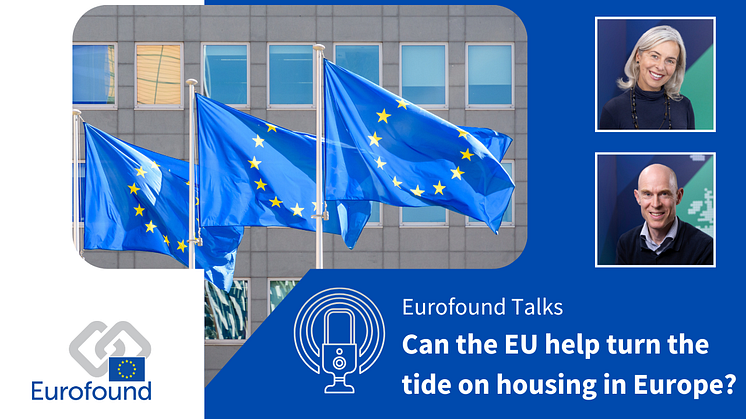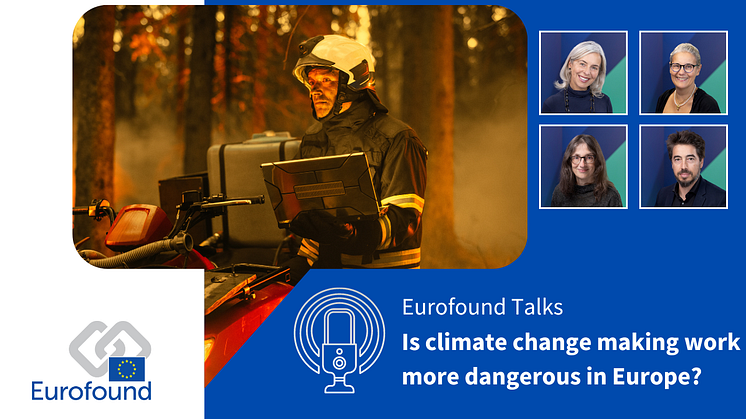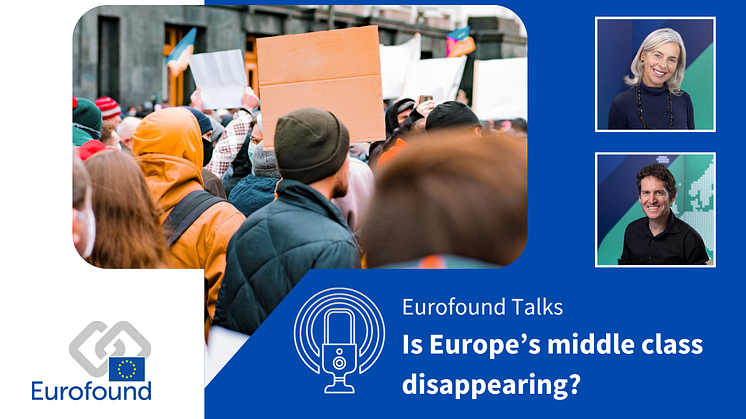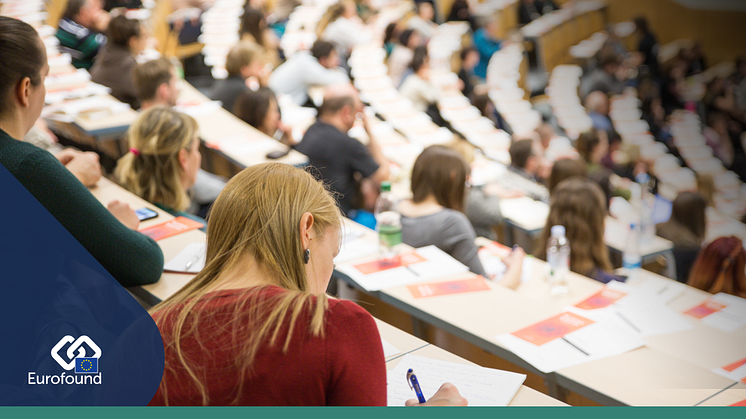
Three in ten report difficulties making ends meet across the EU as inflation drains financial resilience, new survey finds
30% of respondents to Eurofound’s 2024 Living and working in the EU survey reported difficulties making ends meet, ranging from 17% in Luxembourg to 55% in Greece. 10% of respondents missed rent or mortgage payments, and 15% reported arrears in utility bills – both figures reflecting increases from the previous year.



















